Synchronous Modeling and Parametric Design
Course Highlights
- Document design intent.
- Apply associative curve operations.
- Create feature set
- Add text to a model
- Emboss geometry.
- Create face blends
- Create deformable parts for assembly
- Optimize a design
- Perform unplanned design changes using synchronous modeling.
- Modify an unparameterized model
For Individual
For Corporate
For Individual
For Corporate
Job Prospects
Designers,Engineers,CAD/CAM Managers.
Outcome of the Course: Basics For All Mechanical design products, Reverse engineering of any products and Creating or recreating of any mechanical products.
Projects by using the course:

Projects on heavy engineering
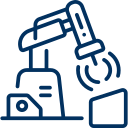
Manufacturing and engineering drawing generation
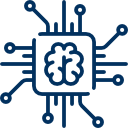
Designing plastic parts of the interior, exteriors of automobile

Design and development of automobile race car steering with the consideration of human ergonomics.
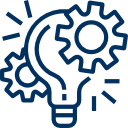
Reverse Engineering on Car rim cover

Detailed engineering design from conceptual studies
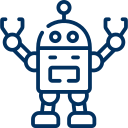
Design and detailing of a tri-cycle frame with an Electric driven.
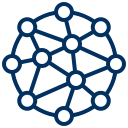
Benchmarking of Mechatronics system
Industrial Applications
Automotive Design Industry, Aerospace design Industry, Medical device Industry, Defence, Industrial Design Industry, Heavy Equipment Industry etc
Industrial Applications
Automotive, aerospace, medical and Heavy Engineering industries
Job Designations
Concept Design Engineer, Product Design engineer-CAD, Draftsman, Tool Design Engineer
Assessment Methodology
Online MCQ Test and Tool test
Frequently Asked Questions
Yes. Product Design and Validation (PDV)
Diploma B.Tech M. Tech
Basic knowledge of engg. drawing
Mumbai, India







